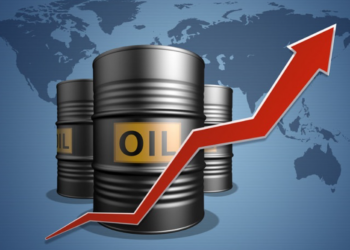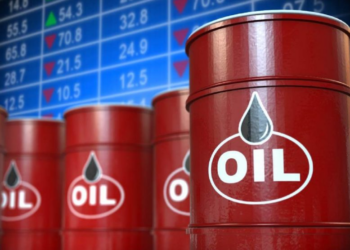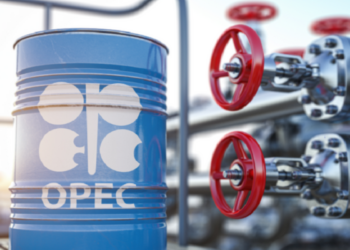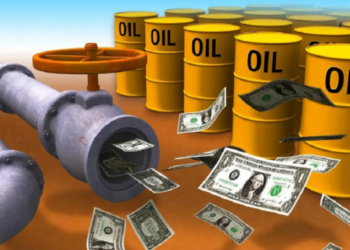Crude oil prices drifted lower at the last trading session of the week. Oil prices are presently cooling off on the bias that the soaring COVID-19 cases would likely weigh on energy, coupled with the $900 billion economic stimulus package lingering at the U.S Congress.
What we know: At the time of writing this report, U.S. West Texas Intermediate (WTI) futures, dropped by 0.17% to trade at $48.29 a barrel, while Brent crude futures slipped by 0.3%, to $51.37 a barrel. However, both major oil benchmarks were within their 9 months high price level.
READ: Oil prices drop 1% on soft energy demand & COVID-19 attacks
What this means: Crude oil prices rallied high yesterday amid optimism around progress seen in the passage of the U.S stimulus deal coupled with strong Asian refining demand and plunge in the U.S. dollar to a two-and-a-half-year low. With the black liquid hydrocarbon priced in American dollars, a weaker greenback makes oil cheaper in other major currencies.
READ: Covid-19: Nigerian government explains how it will fund proposed N2.3 trillion stimulus
Stephen Innes, Chief Global Market Strategist at Axi, in an explanatory note to Nairametrics, spoke on how the long-awaited stimulus deal is weighing significantly on oil prices:
“The stimulus package is unquestionably one of the key drivers pushing the oil market higher as the whole dollar-denominated commodity markets are repricing higher thanks to frothy risk markets after the FOMC reaffirmed that policy is going nowhere for a long time.
READ: FG rolls out N2.3 trillion survival funds for MSMEs; see criteria
“So, the combination of low for longer rates and the anticipated US stimulus deal offered up support for broader risk markets appetite, which has proven enough to push the USD weaker.
“And the currency passthrough effect provides spot and forward price discounts to Asia buyers. Both China and India are splurging to that currency advantage as India’s refinery demand is roofing and China continues to fill storage tanks,” Innes stated.
READ: $1.3 billion Malabu oil field sale was lawful – Former Shell Executive
Bottom line
Crude oil bulls however remain on course, on the bias that a combination of ultra-low interest rates and the long awaited US stimulus deal offered up support for crude oil prices, which has proven enough to also make the U.S dollar weaker.
READ: AfDB to fund climate change in Africa with $25billion by 2025 – Adesina























